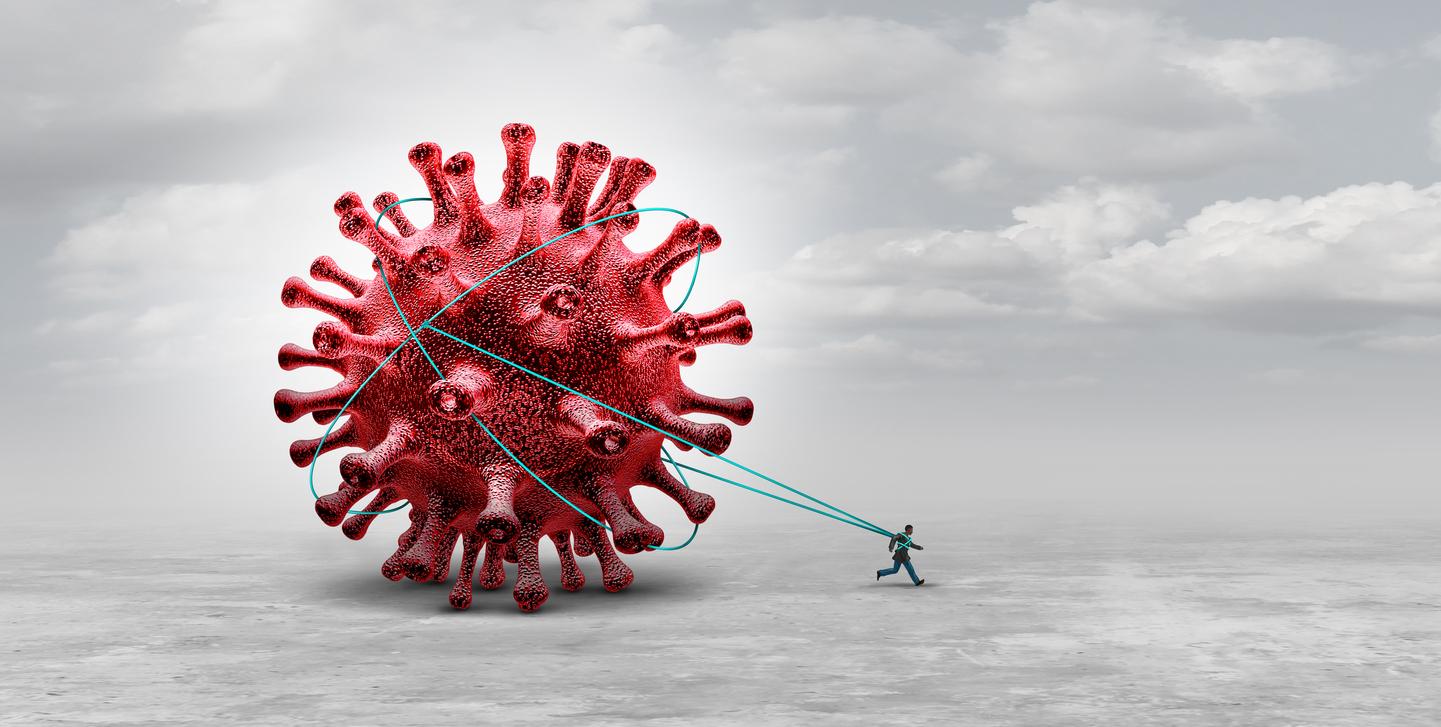The WHO has given, as every year, a series of recommendations concerning Ramadan, the date of which will be announced this Thursday, April 23. But this time, World Health Organization has adapted its instructions to the Covid-19 health crisis. How to live well this month of fasting during coronavirus?
The WHO begins by reminding that all healthy people should be able to fast. The press release recalls that the objective of this series of advice is to “vsreconciling Ramadan practices and personal safety during the Covid-19 pandemic“. On the other hand, those who are fragile and those who show symptoms of Covid-19”should however consider not doing so“. Interrupting treatment for the virus because of fasting could have serious consequences. It is necessary to have the advice of a doctor.
Reduced or even canceled gatherings
Regarding prayers at the mockery, the WHO recalls the ban on social and religious gatherings everywhere in France. It will therefore not be possible to go to the mosque during this Ramadan. On the other hand, television, radio, social networks or even digital platforms should be able to maintain these moments of sharing.
WHO recognizes that “measures to maintain physical distance, including closing mosques, controlling public meetings and restricting movement, will have direct consequences for social and religious gatherings at the heart of Ramadan“.
In addition, “we recall that one of the purposes of our religion is to protect the human being”, specified, the rector of the great mosque, Chems-eddine Hafiz. “Muslim scholars recognize the existence of exemptions allowing any Muslim, because of a fear for himself or for others, to do not perform group prayer.“
Physical distance to respect
This also applies to family gatherings, which are held twice a day to break the fast after sunset (iftar) and just before dawn (suhour). Physical distance should continue to apply during Ramadan. To respect barrier gestures, it will therefore be necessary to replace traditional modes of communication and meeting through digital technology.
At last, “religious leaders must be involved in upstream decisions, so that they actively relay any decision likely to affect Ramadan-related events“specifies the WHO. strong communication is “essential to explain to the population the reasons for the decisions of the authorities“.
Read also:
- Coronavirus: ANSM advises against pholcodine-based cough syrups
- Opening of dental offices on May 11: under what conditions?


















